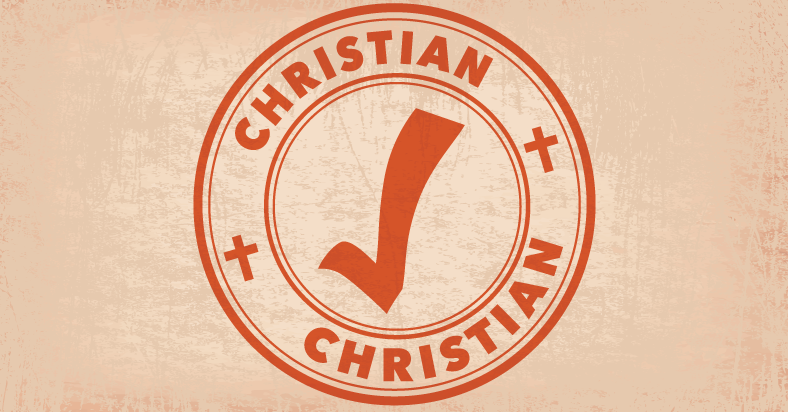By Starr Meade
Once upon a time there were three little pigs who left home to make their way in the world. They all decided to build houses for themselves. The first little pig chose to build his house of straw. Straw was inexpensive, and a house made of it would be easy to build. The second little pig chose to make his house of sticks. His house might cost a little more, in terms of materials and labor, but he should still have plenty of time and money left to amuse himself as he saw fit.
The third little pig was serious about his house. Unlike his brothers, he wanted a real house. He understood that a structure isn’t a house because someone says it’s a house; it’s a house if it can serve as a shelter and as living quarters. How much shelter can straw—or even sticks—provide in a storm? Won’t the rain drip through and the cold easily penetrate? Won’t the wind tear such “houses” apart—as, in fact, even the wind generated by the breath of a hungry wolf eventually demonstrated? Our third little pig, being serious about his house, had to invest in it. He had to spend time earning money to purchase bricks, and then spend more time building a house with them. But in the end, only one pig had a house that fit the definition of a house. Only that house stood up to the assault of a wolf eager for a ham dinner.
Many belief systems in our day go by the name of “Christian.” Many people call themselves “Christians.” But just like calling a structure a house doesn’t make it one, so calling something Christian doesn’t make it Christian. Only Christ and the apostles he chose get to determine what is truly Christian—or, as they put it, what is the true testimony of the disciples (John 21:24), what is “the pattern of the sound words” (2 Tim. 1:13), what are “the traditions that you were taught” by the apostles “either by . . . spoken word or by . . . letter”(2 Thess. 2:15), what is the “true grace of God” (1 Peter 5:12), and what is “the faith that was once for all delivered to the saints” (Jude 3). There are set and specific truths that comprise the Christian faith, and for something to be Christian, it must embrace those truths. Conversely, there are limits and parameters. Teaching and ideas that go beyond what Christ and the apostles laid down as the foundation of the faith are not Christian, no matter what their advocates call them. We want our children to have a true and lasting faith, and so we must build, not with what might be easiest, or with what might cost the least, but with what truly makes Christianity Christian. Christianity is, first of all, a body of truth—to be known, understood, embraced, applied, and passed on. “Spiritual” ideas and feelings, divorced from that body of truth, are not Christian, no matter what those who have them say. Our children must know, first of all, the body of truth taught by Jesus, built upon and communicated by the apostles, and passed down in the church through centuries. Without that body of truth, they do not have Christianity.
This article is adapted from Give Them Truth by Starr Meade


Lesley’s Lagniappe ~ 9-1-15 | Michelle Lesley
-[…] Calling Something Christian Doesn’t Make it Christian– Many belief systems in our day go by the name of “Christian.” Many people call themselves “Christians.” But just like calling a structure a house doesn’t make it one, so calling something Christian doesn’t make it Christian. […]